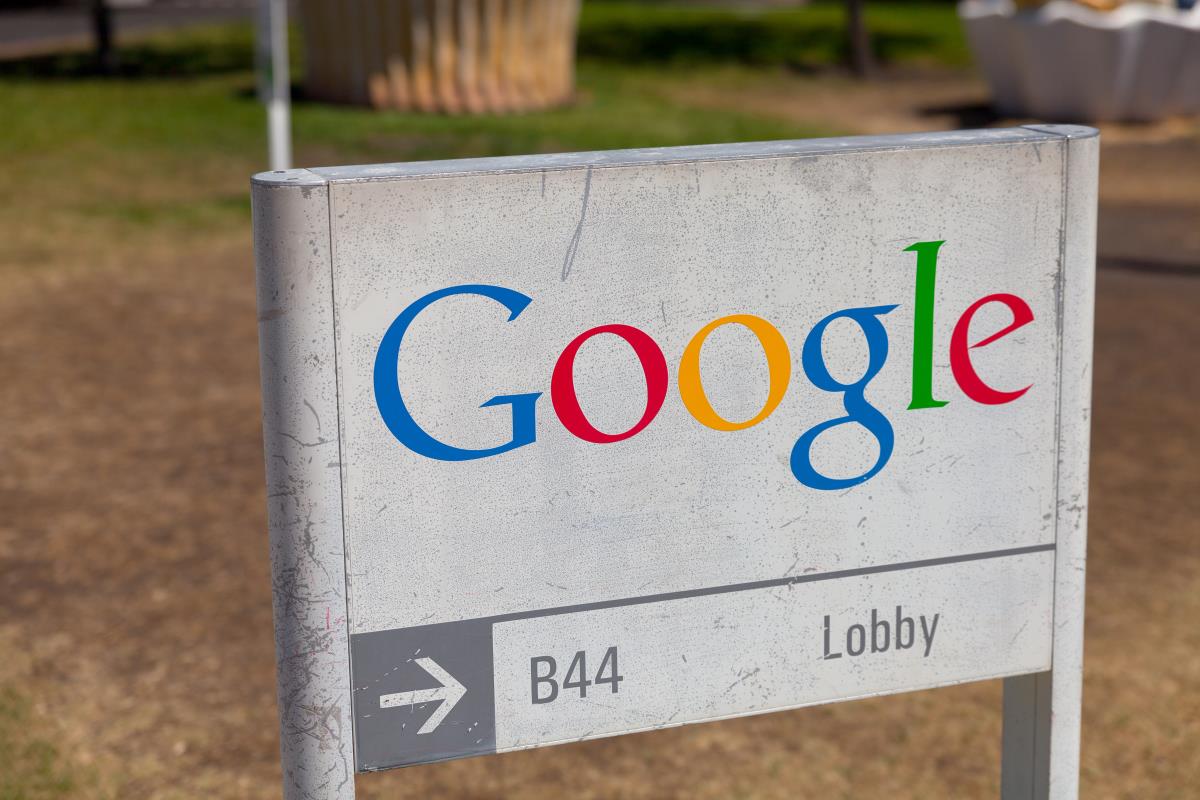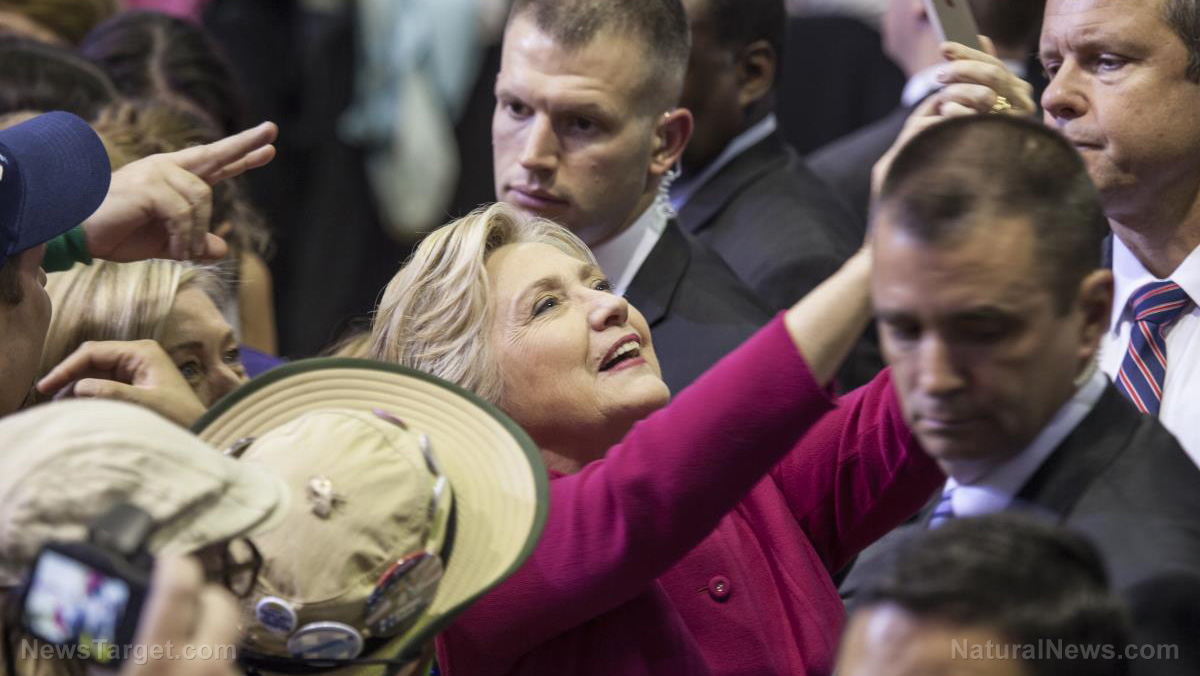Amazon using videos from Ring doorbell devices to create the largest civilian surveillance network in the US
07/20/2021 / By Arsenio Toledo

Amazon is building the largest civilian surveillance network in the United States with the help of its signature home security product: the Ring doorbell.
“Ring video doorbells … pose a serious threat to a free and democratic society.” This is the warning of Lauren Bridges, a doctoral candidate at the University of Pennsylvania. In an opinion piece she wrote for The Guardian, she said that around one in 10 police departments in the United States have direct access to video footage from the Ring doorbells after Amazon partnered with more than 1,800 local law enforcement agencies. These partnerships are growing at an alarming rate.
“Not only is Ring’s surveillance network spreading rapidly, it is extending the reach of law enforcement into private property and expanding the surveillance of everyday life,” wrote Bridges.
“Ring is effectively building the largest corporate-owned, civilian-installed surveillance network that the US has ever seen,” she added. (Related: “Smart” homes are just modern-day surveillance systems that spy on you and share all your audio and video with police and the FBI.)
Amazon has been unwilling to disclose how many Ring cameras it has sold and how many are active at any given point in time. Current estimates drawn from Amazon’s sales data place yearly sales in the hundreds of millions, with the company selling 400,000 devices in Dec. 2019 alone.
This gargantuan surveillance network extends even further if it considers the millions of people affiliated with Ring’s crime reporting app, Neighbors, which allows people to upload content from their Ring and non-Ring devices.
Once police are granted access to Ring videos, it is difficult to revoke that access
Data collected by Bridges shows that, from Jan. 2020 to April 2021, law enforcement agencies partnered with Amazon have placed 22,337 individual requests to access content captured and recorded by Ring doorbells.
The Milwaukee Police Department filed the most petitions for videos from Ring cameras in 2020, with a total of 782 requests. It is followed by the Tampa Police Department with 606 requests, the Denver Police Department with 433 requests, the Broward County Sheriff’s Office in Florida with 347 requests and the Charlotte-Mecklenburg Police Department in North Carolina with 317 requests.
According to a report by the California Law Review, Amazon has even aided law enforcement officers by teaching them how to circumvent legal requirements and obtain these videos without a warrant. This is a direct violation of the Fourth Amendment, which prohibits unreasonable searches and seizures without a warrant.
The claims by Bridges and the California Law Review are supported by “scripts” obtained in 2019 from the police department in Topeka, Kansas, which tells police how to strongly encourage Ring customers to share their camera footage with police departments and how to get people to download the Neighbors app to expand Amazon’s surveillance network.
One of the really big concerns with individuals giving their consent to police departments to access footage is that, once users agree to release videos from their Ring doorbells, it is difficult for the owners of the doorbell to revoke that access.
The concerns of Bridges and other activists and scholars have been compounded by developments in facial recognition technology and other forms of artificial intelligence that could one day be applied to the Ring doorbell, or could be used by Amazon’s partners in law enforcement to further violate people’s privacy.
Ring does not currently use facial recognition technology, but Amazon has already sold this technology to the police in the past. Thanks to pressure from privacy activists and artificial intelligence researchers, Amazon currently has a one-year moratorium on police use of its facial recognition tech. But this pause is set to expire in June, and it looks unlikely that the tech giant is going to renew the moratorium.
“While pressure from civil rights groups and lawmakers to end Ring’s partnerships with police has been building, we need to demand more transparency and accountability from Amazon and law enforcement about what data is being collected, with whom it is being shared and how it’s being used,” wrote Bridges at the end of her opinion piece.
Learn more about how groups like Amazon are attempting to expand the surveillance state and erode people’s personal privacy by reading the latest articles at PrivacyWatch.news.
Sources include:
Tagged Under: Amazon, Big Brother, Big Tech, cameras, doorbell, evil, Fourth Amendment, national security, privacy watch, products, spying, surveillance, technology, watched
RECENT NEWS & ARTICLES
COPYRIGHT © 2017 SPYGATENEWS.COM
All content posted on this site is protected under Free Speech. SpygateNews.com is not responsible for content written by contributing authors. The information on this site is provided for educational and entertainment purposes only. It is not intended as a substitute for professional advice of any kind. SpygateNews.com assumes no responsibility for the use or misuse of this material. All trademarks, registered trademarks and service marks mentioned on this site are the property of their respective owners.



















